15 September 2022

@Unsplash
The future of humanity is fraught with challenges. Challenges that, in most cases, we have set ourselves as obstacles, not respecting nature or trying to pursue excessive production for profit rather than for well-being. And so, one of the biggest challenges of the future will be having enough water for everyone and especially for crops. Being able to feed everyone could be a problem.
In a recent report, the World Food Programme used a strong but very explanatory title, 2022: a year of unprecedented hunger. The report also reads:
“As many as 828 million people go to bed hungry every night, the number of those facing acute food insecurity has soared – from 135 million to 345 million – since 2019. A total of 50 million people in 45 countries are teetering on the edge of famine.”
COVID pandemic, conflicts all over the world, water scarcity: all these things put together give us the present state of the art.
And this is not all, because sometimes even if the food is available, the quality of it is so poor that it still endangers the lives of the people who eat it. From this point of view, the h-ALO Project has set itself the goal of developing a sensor capable of telling us if what we are about to drink is safe before it reaches our tables.
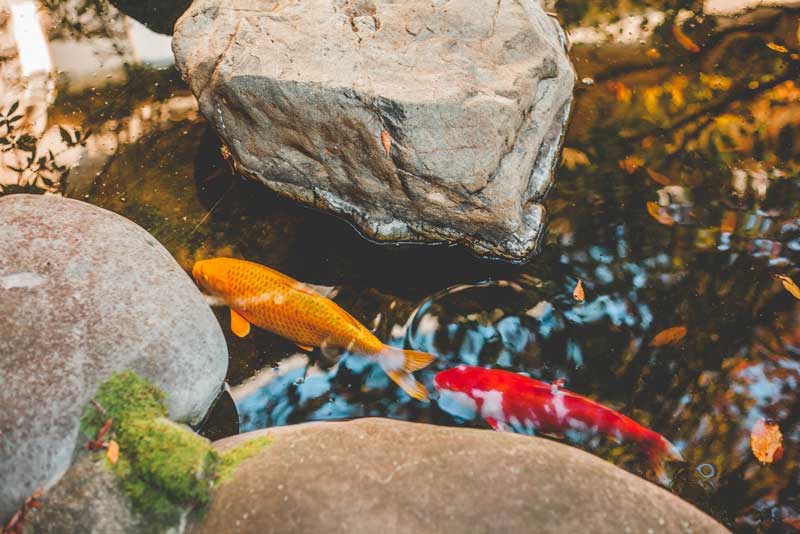
@Unsplash
Within the project, then, a partner like The Circle shows every day how it is possible to work for a better future thanks to the help of new technologies, saving about 90% of water and providing products of the highest quality. It is not a mission impossible, therefore, and the solution could be aquaponics. Aquaponics is a type of agriculture that combines conventional aquaculture (raising aquatic animals such as fish, crayfish or prawns in tanks) with hydroponics (cultivating plants in water).
The two systems are symbiotic because the fish waste provides nutrients for the plants and, in turn, the plants clean the water for the fish. It is an ecological system that uses way less water than traditional farming methods. It also has a smaller ecological footprint than other food production systems, but that’s not all: aquaponics has been suggested as a means of producing meat, fish and vegetables in regions where farmable land is scarce. You may ask: why? Well, because instead of focusing on the occupation of land horizontally, it aims at the verticalization of crops. Therefore, it could be a game-changer of the food industry.
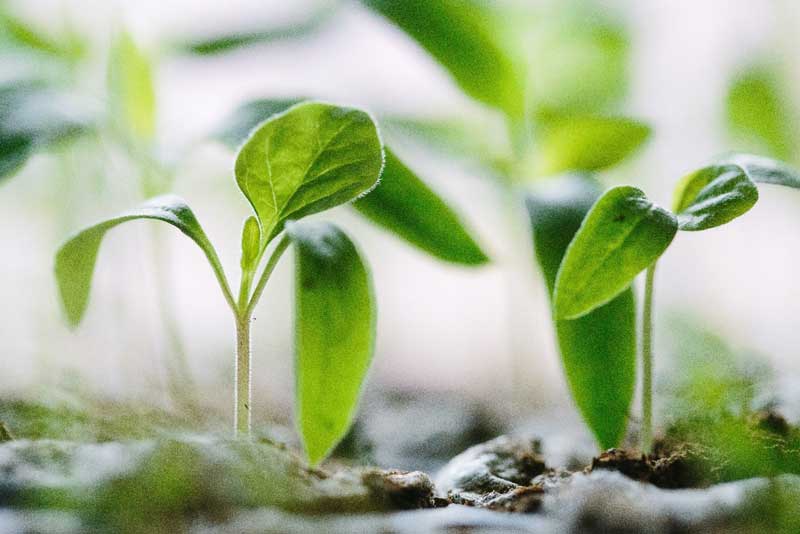
@Unsplash
Do you want to know other advantages? Let’s try to list them:
- Aquaponics gardening is a biomimicry process in which various stages of the aquatic ecosystem are replicated to produce food – without any soil. It can drastically reduce weed growth, back pain, and animal access to the crops so that they are not eaten (anyway, leave some food for the animals too!!!).
- The feed is free of harmful petrochemicals, pesticides or herbicides. It’s a natural ecosystem!
- Aquaponic systems can be put anywhere and produce fresh vegetables no matter where you are; outside, in a greenhouse or your basement. They can also be used to create a productive garden for indoor use with grow-lighting.
- Aquaponics is a system of raising fish using plants. It relies on the recycling of nutrient-rich water continuously, so there is no toxic run-off from either hydroponics or aquaculture.
- Given the diversity of its applications, from small counter-top herb systems to full scale farms, aquaponics is truly scalable and can meet any size & budget requirements – from outdoor gardens to commercial fish farms.
- Gardening chores are cut down dramatically. With the use of aquaponics, growers no longer have to worry about water, fertilizing and weeding the plants. This allows them to focus on other tasks like feeding fish or harvesting the produce.
- Aquaponics uses less water than other plants-based gardening methods and consumes around two times less water than hydroponics or recirculating aquaculture.
- And the best part – You get to harvest vegetables and fish from in your backyard. Truly raise your entire meal in your backyard.
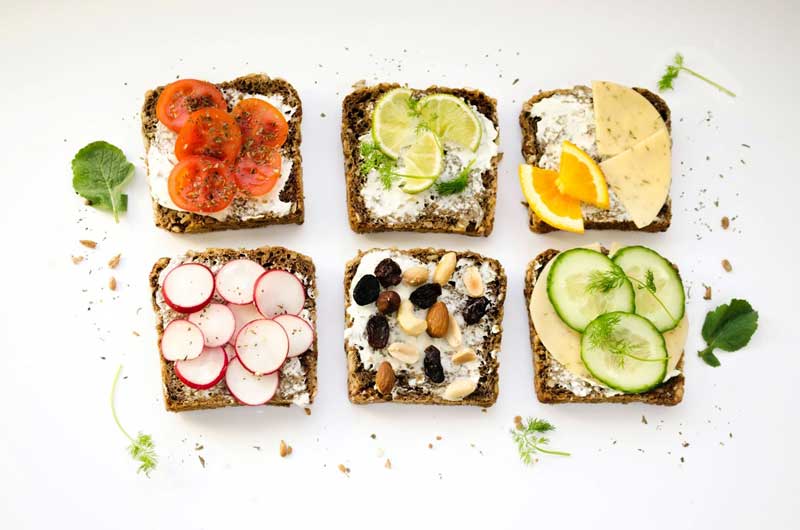
@Unsplash
As a European project, h-ALO strongly believes in this farming system and from what we have described it is anything but science fiction. Our task, what we are trying to do, is to create tools that do not yet exist today to make these processes even safer and less impactful than they are today.


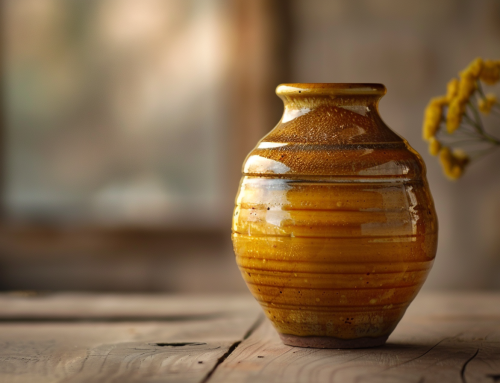
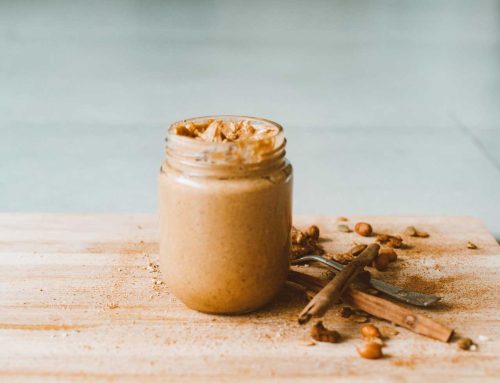
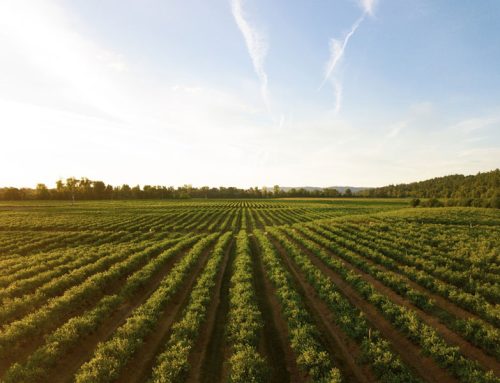
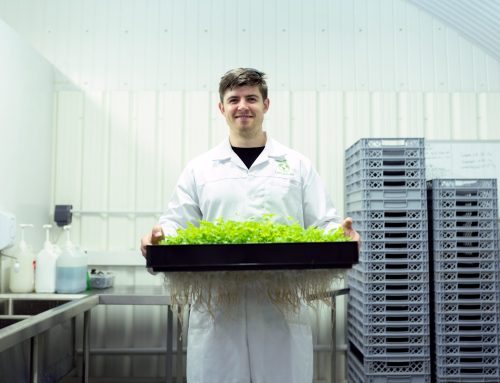
Leave A Comment